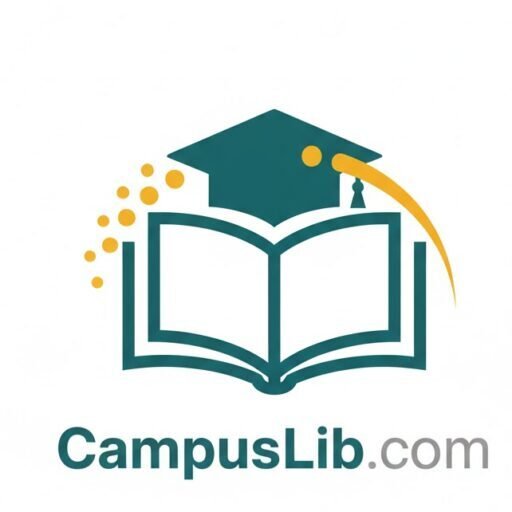Download Philosophy Of Education Exam Past Paper
What topics are covered in the Philosophy of Education exam?
The exam typically addresses a variety of topics that explore the fundamental principles, theories, and debates in educational philosophy. Key areas include:
Download Link
Philosophy-Of-Education-Exam-Past-Paper-Mpya-News
- Major Philosophical Traditions: Examination of key philosophical traditions such as Idealism, Realism, Pragmatism, and Existentialism and their implications for education.
- Educational Theorists: Analysis of influential educational philosophers, including John Dewey, Paulo Freire, and Maria Montessori, and their contributions to educational thought.
- Purpose of Education: Discussion of varying views on the purpose of education, including the development of critical thinking, social responsibility, and personal growth.
- Curriculum Philosophies: Exploration of different curriculum philosophies, including perennialism, essentialism, progressivism, and constructivism.
- Ethics in Education: Study of ethical considerations in educational practices, including issues of equity, justice, and inclusivity.
- Role of the Teacher: Examination of the teacher’s role in fostering learning and shaping students’ moral and intellectual development.
Why are past exam papers important for studying this subject?
Past exam papers are essential for several reasons:
- Familiarization with Exam Format: They help you understand the structure of the exam, including question types and expectations.
- Identifying Key Themes: Analyzing past papers can reveal frequently addressed topics and trends in the philosophy of education, guiding your study priorities.
- Practice Application: They provide opportunities to apply theoretical knowledge to philosophical debates and educational scenarios, enhancing your critical thinking skills.
- Confidence Building: Working through past questions can boost your confidence and reduce anxiety as you prepare for the exam.
Where can I find past exam papers for this subject?
You can access past exam papers through various resources:
- University Websites: Many universities maintain repositories of past papers available for student access.
- Academic Libraries: These often house archives of previous exams and related study materials.
- Online Educational Platforms: Websites specializing in educational resources may also provide access to past exam papers.
- Study Groups: Collaborating with peers can provide access to shared resources, including past papers.
What key topics should I focus on when studying?
When preparing for the exam, concentrate on the following key areas:
- Philosophical Traditions: Familiarize yourself with major philosophical traditions and their influence on education.
- Educational Theorists: Understand the contributions of significant philosophers to educational thought and practice.
- Ethical Considerations: Explore ethical issues in education and how they affect teaching and learning.
- Curriculum and Pedagogy: Study various curriculum philosophies and their implications for teaching methods.
How can I effectively use past exam papers in my studies?
To maximize the benefits of past exam papers, consider these strategies:
- Timed Practice: Simulate exam conditions by timing yourself while answering past questions to improve time management.
- Review and Reflection: After completing a past paper, critically review your answers to identify areas for improvement.
- Discussion with Peers: Engage in discussions with classmates or instructors to gain different perspectives on philosophical issues in education.
- Create Study Guides: Compile common questions from past papers into study guides for quick reference and revision.
Is understanding the philosophy of education important for students?
Yes, understanding this field is crucial for several reasons:
- Critical Awareness: It fosters critical thinking about the purpose and methods of education.
- Informed Practices: Knowledge of educational philosophies can inform teaching practices and curriculum design.
- Ethical Framework: Engaging with philosophical issues helps educators navigate ethical dilemmas in the classroom.
Should I prioritize theories or practical applications?
Both theories and practical applications are essential:
- Theories: A solid grasp of philosophical theories provides a foundation for understanding educational practices.
- Practical Applications: Applying these theories to real-world educational scenarios enhances your effectiveness as an educator. Aim for a balanced approach in your studies.
Can studying past papers alone prepare me for the exam?
While past papers are a valuable resource, they should be complemented with broader reading and engagement with course materials. Explore textbooks, academic journals, and other educational resources for a well-rounded understanding of the subject. This comprehensive approach will optimize your exam preparation.
